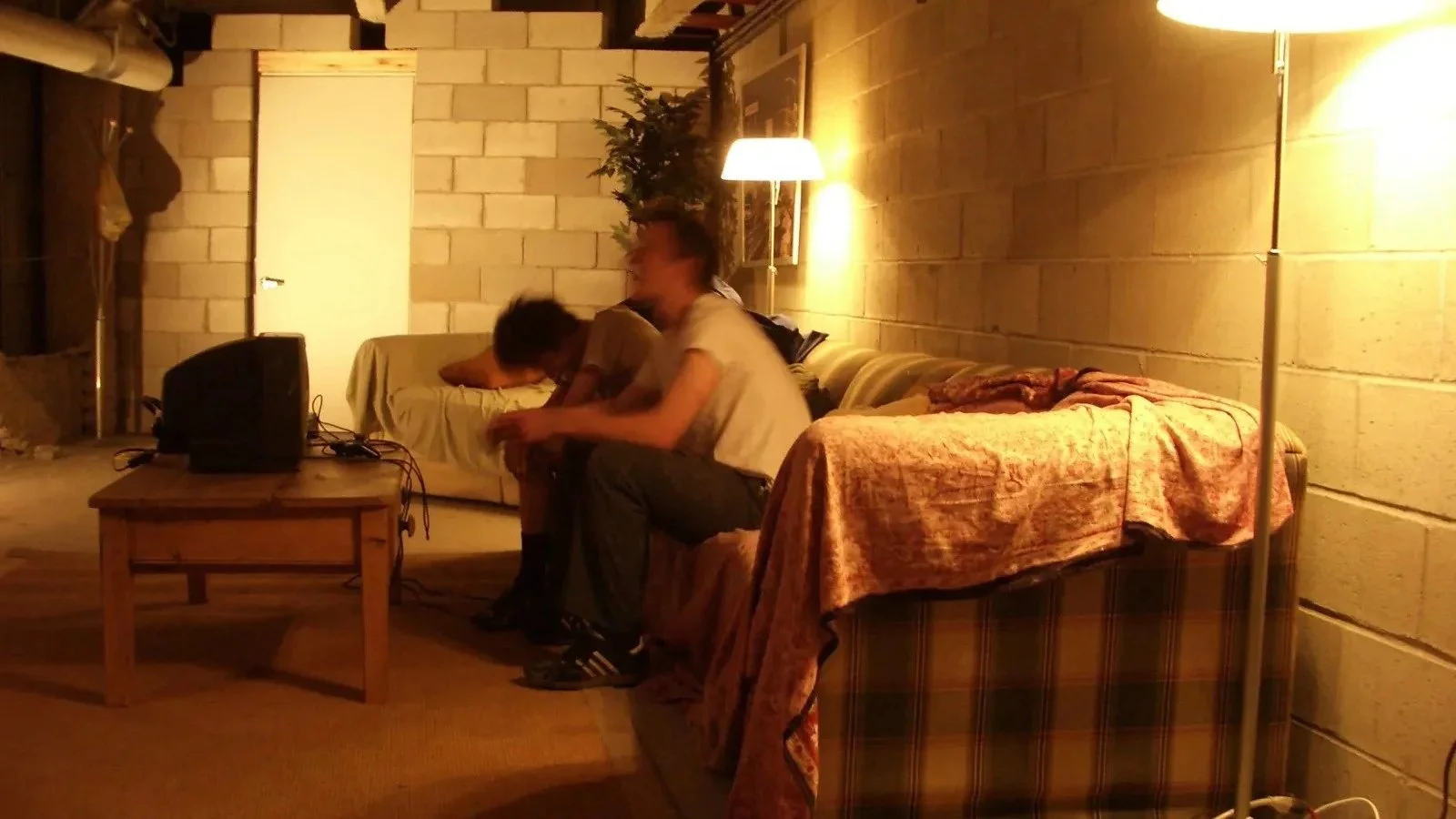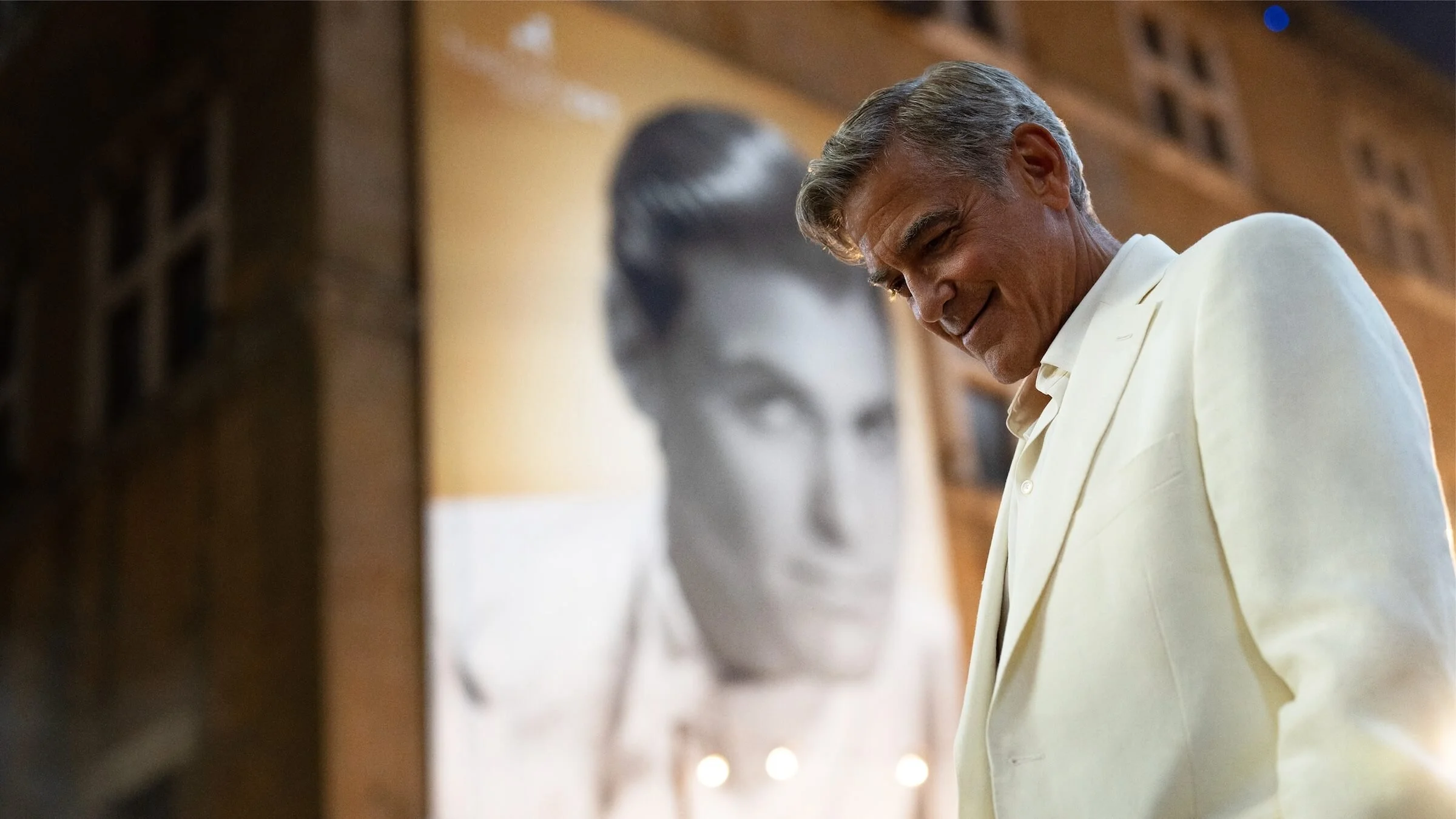Review: Zola (2020)
Like a half-hearted Harmony Korine flick or a Safdie Brothers joint without the necessary commitment to the bit, Zola is here to try to wow the cool kids with its anxious, online-brained filmmaking. It’s a film with a neat hook—it’s based on a Twitter thread!—and a hazy, rainbow-coloured aesthetic that makes southern Florida look like something out of a rundown fun house. It gestures at themes about womanhood and misogyny and holding your own in a cruel world, but it doesn’t actually have anything on its mind. It’s a film as ironically removed as all the cool kids on Twitter, happy to recount a story, but not all that committed to it, and content to let the skill of the actors and the calculated style trick you into thinking you’re seeing something special. You’re not.
It all starts with an invitation: “Y’all wanna hear a story?” Taylour Paige’s Zola addresses us directly and recounts her wild tale of going to Florida with Stefani (Riley Keough), a fellow stripper she just met, Stefani’s idiot boyfriend Derrek (Nicholas Braun), and her “roommate” X (Colman Domingo), who’s not really her roommate but her pimp. Those words: “Y’all wanna hear a story” are the first words in the Twitter thread off which the film is based, tweeted by the actual Zola about her actual wild ride to Florida with some nutjobs. The story is pretty crazy—at least, when you read it on Twitter, it is. Watching it, though, leaves something to be desired.
It’s not that crazy things don’t happen. Things go from bad to worse as they pull up into Florida and X starts bossing them around, telling them to go to this club at this time and banishing Derrek to a dingy little motel where he befriends some sketchy guys staying next door. Soon enough, X is taking their money and pimping them out through a Backpage ad. Zola is having none of it, but X doesn’t care: she can do what he says or she can get hurt. Zola has no real choice in the matter.
Things escalate, as guns are pulled and threats are made; Derrek makes some buffoonish decisions; and X shows just how threatening he is. But Zola never truly seems to care except for in the rarest instances. All the craziness and supposed tension plays like a mild inconvenience to Zola. It’s not that Taylour Paige is bad; she’s competent and beautiful and has a screen presence, but she’s directed to play her character with an ironic remove that makes everything on screen seem so weightless.
You’ll notice that in most scenes, Zola is off to the side on her phone, watching the other characters and even commenting on them in first-person asides to the camera. The commentary and the constant little “tweet” sounds recreate the effect of the original Twitter thread. This approach makes Zola our on-screen surrogate, but that’s all she is: a mostly disinterested, irritable surrogate who can throw side-eye at the other characters and address the absurdity of what is happening on screen. She is rarely invested in the actual actions on screen. That falls to Stefani, who is meant to personify chaotic energy, but who comes off simply as dumb.
The film has only one approach to building narrative conflict: X makes Stefani do something, Stefani does it and makes a game of it, Derrek gets upset, and Zola grows annoyed that she’s stuck with all these idiots. This repeats throughout the film’s 90-minute runtime (which still feels too long) until X calls it a day, they head back towards Detroit, and the film simply ends. The ambling structure, of digressions, jump cuts, asides to the camera, and little stylistic flourishes of Zola and Stefani in a hall of mirrors getting ready to perform disguises the fact that the film repeats the same style of confrontation through. There is no true escalation, simply a progression of the same sort of scene over and over again.
Only one scene truly plays to the potential of the material. Stefani and Zola are holed up in a nice hotel and X has arranged for johns to acquire their services every 15 minutes. Zola refuses to sell her sexual services, but helps Stefani make more money by setting up her own Backpage ad and upping her price. Director Janicza Bravo stages the sequence as a montage of the various schlubby johns showing up and Stefani playing to their interests: school girl, supermodel, slutty hookup. The johns undress and we see their fat guts and misshapen dicks as Stefani performs for each john and Zola rolls her eyes in the corner of the room; the frame scrolls, so that each subsequent moment of the montage moves up and replaces the previous one. It recreates the infinite scroll of a Twitter thread and is the only moment in the film that truly captures how social media posts can be documentation, commentary, and rebuttal all in one. It’s satirical and goofy and bends the formal presentation in interesting ways.
The rest of the film is just a dispassionate telling of an intriguing, but ultimately disposable story, presented in the A24 house style of retro film grain, narrow focus, unconventional framing, and uneven pacing. Zola is not some trainwreck, but it never truly justifies being a film instead of just a Twitter thread. Because, like a Twitter thread, it’s diverting only inasmuch as it distracts from something else; presented on its own, it loses our attention, and becomes just another way to pass the time.
4 out of 10
Zola (2020, USA)
Directed by Janicza Bravo; written by Janicza Bravo and Jeremy O. Harris, based on tweets by Aziah “Zola” King and “Zola Tells All: The Real Story Behind the Greatest Stripper Saga Ever Tweeted” by David Kushner; starring Taylour Paige, Riley Keough, Nicholas Braun, Ari’el Stachel, Colman Domingo.



Joe Carnahan’s cop thriller starring Matt Damon and Ben Affleck is an enjoyable whodunnit.